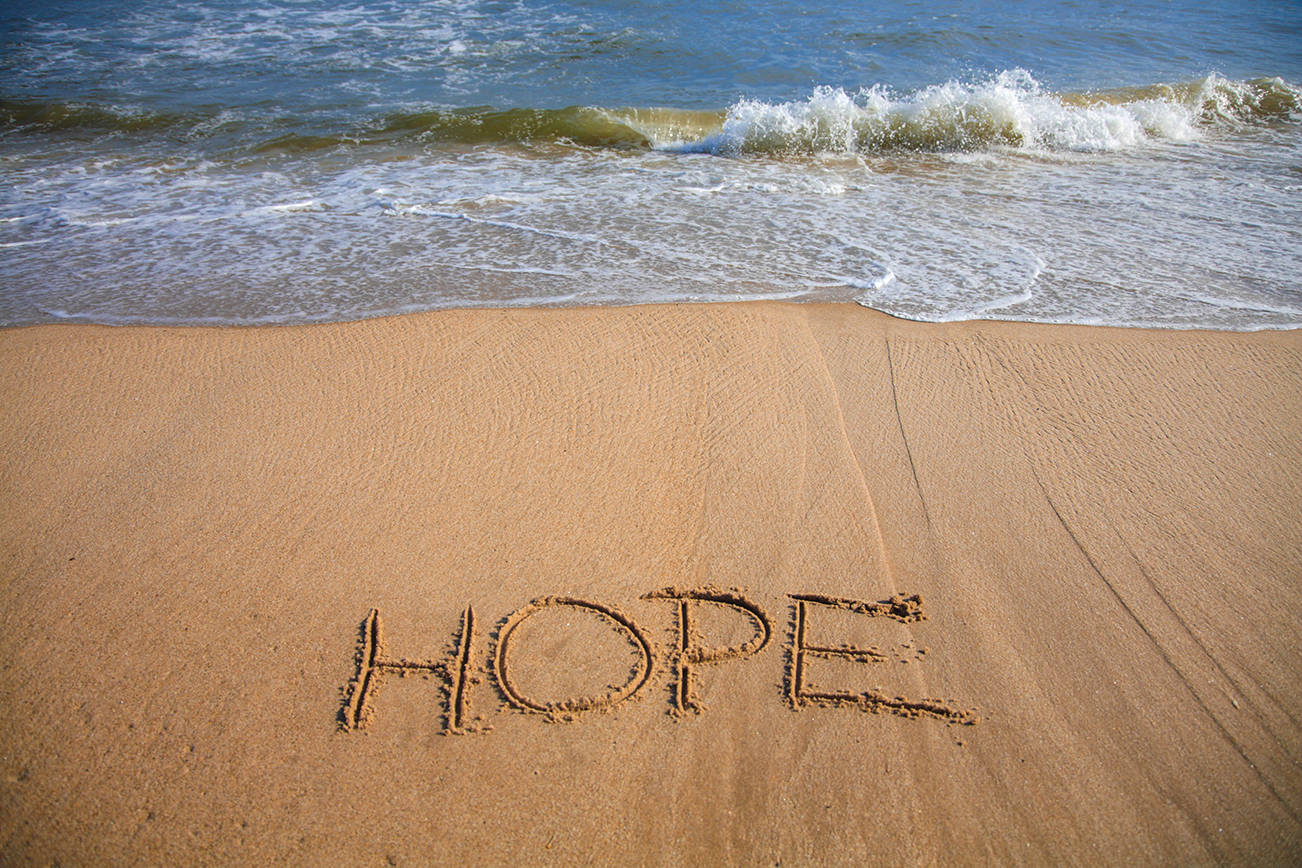Submitted by the Washington State Department of Health
Resilience is the ability to recover from the painful and difficult times we experience. COVID-19 has brought us painful and difficult times. We are separated from loved ones, more than 1,600 of our neighbors in Washington have died from COVID-19, our dreams and plans for our schooling, career, and family have been upended.
Everyone reacts differently to difficult times, but, generally, we are resilient. We recover, and often we grow from these experiences and even improve our lives. We are born resilient. And, there are things we can do to become more resilient.
Take care of your body
Self-care is a form of resilience. Physical activity helps reduce the effects of stress and trauma. Take time to stretch and move your body every day. Grab your cloth face covering and take a walk through your neighborhood or a local park. And when you get back, further protect your resilience by maintaining a regular sleep schedule that includes seven to eight hours of sleep each night.
Look for opportunities to be flexible
Practice viewing difficult changes as opportunities and challenges. If you believe something is an opportunity, you are more likely to feel safe and ready to challenge yourself, enjoy new things, and grow.
Act with purpose
A sense of purpose comes from identifying your core values. What are these for you? Honesty? Gratitude? Courage? Purpose is different for everyone. How do your core values show up in your day-to-day life? What can you do to match your actions with your values? Acting with purpose means becoming your best self, instead of striving to meet others’ expectations of you.
Connect with others
Invest in the important relationships in your life. A greater number of relationships isn’t necessarily better. It’s the quality of your connections that makes the biggest difference. Connecting with friends, family, social groups, pets, or a higher power can increase your sense of connection and help you feel less isolated or lonely.
Hope
Spend time thinking about all the possible and likely outcomes of a situation, not just the negative things that may happen. It is okay to think about negative possibilities, but there are usually positive possible outcomes too, and paying attention to these brings hope.
Use this difficult time to get really good at growing from challenges. COVID-19 isn’t the last challenge we will face. (The climate is still changing.)
Practice compassion. Caring for each other increases resilience. Each time you put your cloth face covering on, think of someone you might be protecting and feel a bit more connected to your community.



